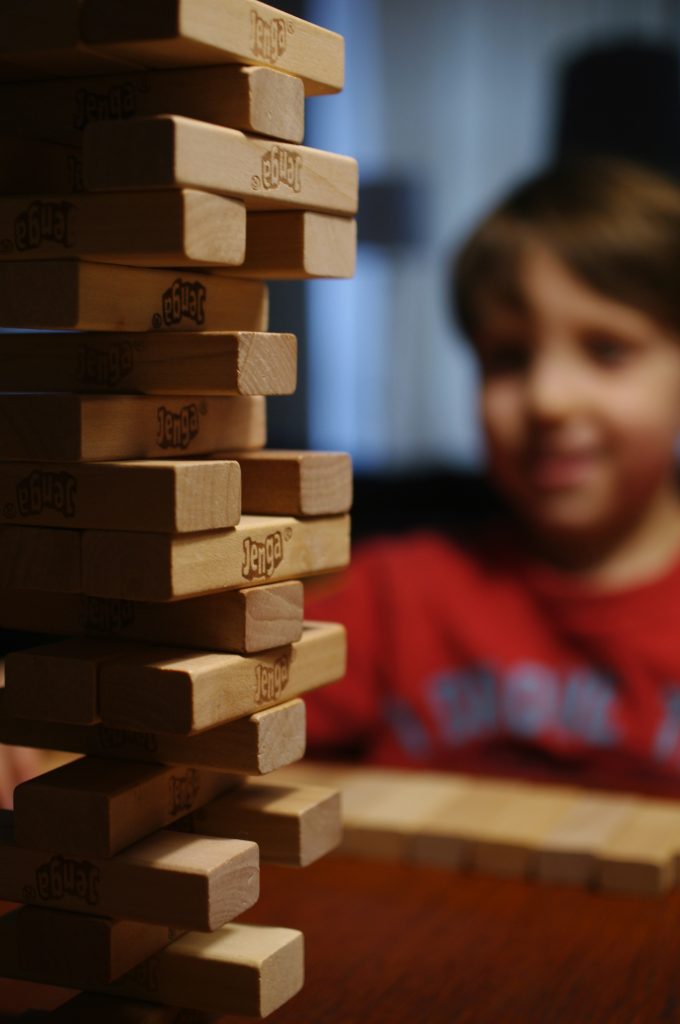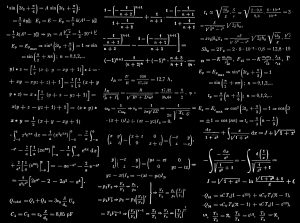The Benefits Of Memory Improvement Games For Children

You might have come across several videos on the internet where kids from the age of 6 to 12 years are doing superfast finger calculations using memory and visualisation. These kids use memory exercises and visualisation to do mathematical operations at such a high speed. This is why memory improvement games are excellent tools to enhance your child’s cognitive development and boost their mathematical skills.
In this article, we will explore the importance of memory games, their benefits for preschoolers, and how they can be combined with the abacus methodology to create a powerful learning experience.
Memory Games for Preschoolers
Preschool is a critical period for children’s development. Through play and games, children at this age nurture their imagination, improve their listening skills, and develop essential cognitive abilities. Memory games play a vital role in this process by providing a stimulating and enjoyable way for preschoolers to enhance their cognitive skills.
As children engage in memory games, they develop their attention to detail. Whether it’s remembering where objects are hidden or recalling sequences of patterns, these games require children to pay close attention to the smallest details. This skill is crucial not only for academic success but also for everyday tasks like following instructions or organising belongings.
Let’s delve into the specific advantages they provide:
Cognitive Development
The ability to remember and recall information is crucial for learning, forming relationships, and participating in daily activities. Memory games promote cognitive development by enhancing both short-term and long-term memory skills. Through repeated exposure to memory games, children learn to remember a series of items or numbers, improving their memory capacity as they progress.
Improved Concentration
Playing memory games requires children to focus on specific tasks, whether it’s remembering items, numbers, or game rules. By concentrating on these activities, kids can improve their ability to focus and manage distractions, a valuable skill in today’s fast-paced world.
Problem-Solving Skills
Memory games stimulate problem-solving skills. Children are encouraged to think outside the box, explore different solutions, and develop strategies to succeed in these games. By engaging in such activities, preschoolers can hone their problem-solving skills.
Social Skills Development
Playing memory games with friends or family members promotes social interaction and the development of social skills. These games often require children to communicate, cooperate, and influence others to succeed. Through such interactions, preschoolers learn how to interact positively and productively with others.
Stimulating the Brain
Regularly playing memory games improves brain function and mental agility. It exercises the brain cells responsible for memory retention and recall. In fact, studies have shown that engaging in memory games can help improve brain function and may even prevent the development of dementia in later life.
Combining Memory Games with Abacus Methodology
An abacus is a centuries-old tool used for performing arithmetic calculations. It consists of rods or wires with beads that represent numbers. The abacus methodology involves using this tool to teach children mental math skills and improve their overall mathematical abilities.
The abacus methodology has been proven to enhance overall cognitive development in children. It improves focus, concentration, attention to detail, and logical reasoning skills. The combination of memory games with abacus learning creates a multi-dimensional approach that nurtures children’s cognitive abilities effectively.
How Abacus Enhances Memory Skills?
The abacus requires children to visualise numbers and perform calculations mentally, exercising their memory skills. By incorporating memory games into abacus learning, children can further strengthen their memory capacity while enjoying the process.
SIP Abacus: Unlocking Your Child’s Potential
SIP Abacus, a renowned institution in India, offers world-class skill development programs that integrate abacus learning with memory improvement games. Their curriculum is designed to unlock the mental potential of children through fun learning methodologies. By using the abacus tool and visualisation techniques, SIP Abacus helps children develop strong mental math abilities, improve focus and concentration, and enhance overall intelligence.
Numerous studies have shown that children who complete the SIP Abacus program perform significantly better in math and reading at school. The program’s unique approach of developing both sides of the brain has proven effective in nurturing children’s academic growth.
Recommended Memory Games for Kids
Let’s explore some popular memory games that children can enjoy.
-
Magic Cups: This classic game involves tracking an object hidden under one of three cups. Children must remember which cup contains the object after rearranging them. Additional cups or objects can be added to make the game more challenging.
-
What’s Missing?: In this game, several objects are displayed, and one is removed while players have their eyes closed. Children have to recall what changed or guess specific details about the collection.
-
Body Beats Memory: This game allows multiple players to create a sequence of body beats. Each player repeats the previous beat and adds their own, challenging participants to remember an increasingly long sequence.
Conclusion
Memory improvement games are not only enjoyable but also have immense benefits for children’s cognitive development and math abilities. These games enhance thinking skills, concentration, and problem-solving abilities. Through memory games, children develop attention to detail and social skills. When combined with abacus learning, memory games provide a powerful tool for improving math abilities.
So, why wait? Embrace the power of memory games and abacus learning to unlock your child’s potential today!



